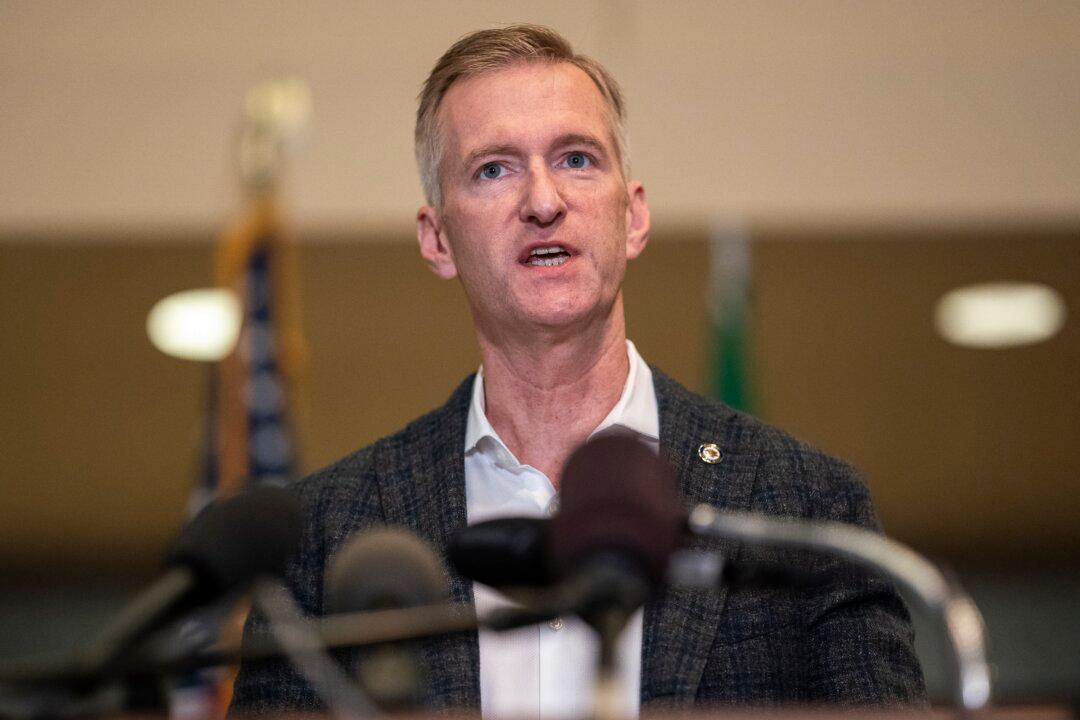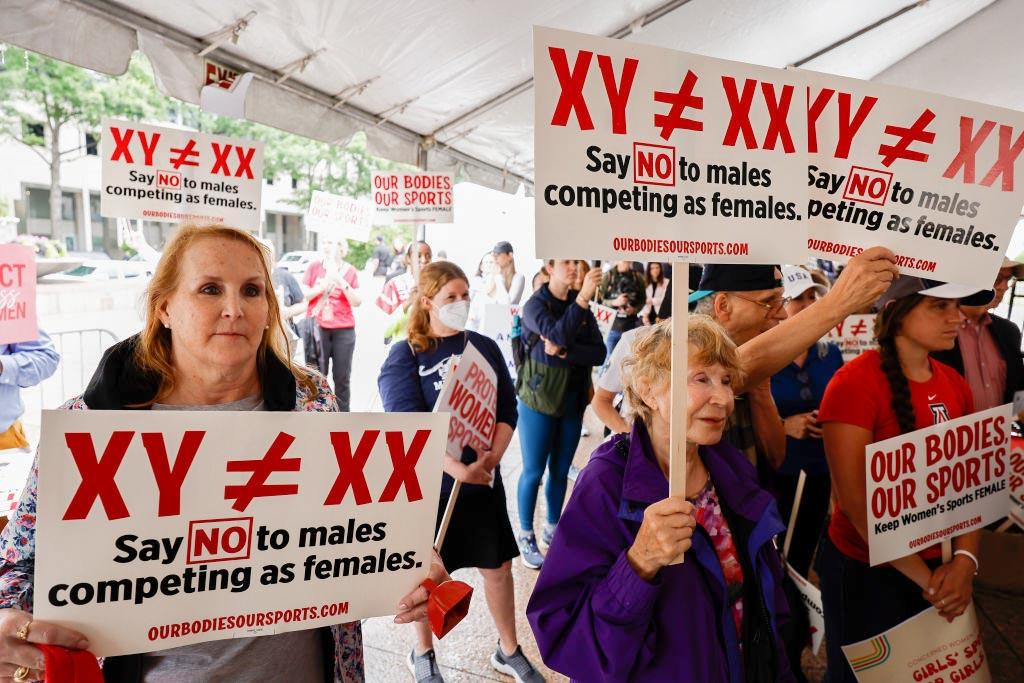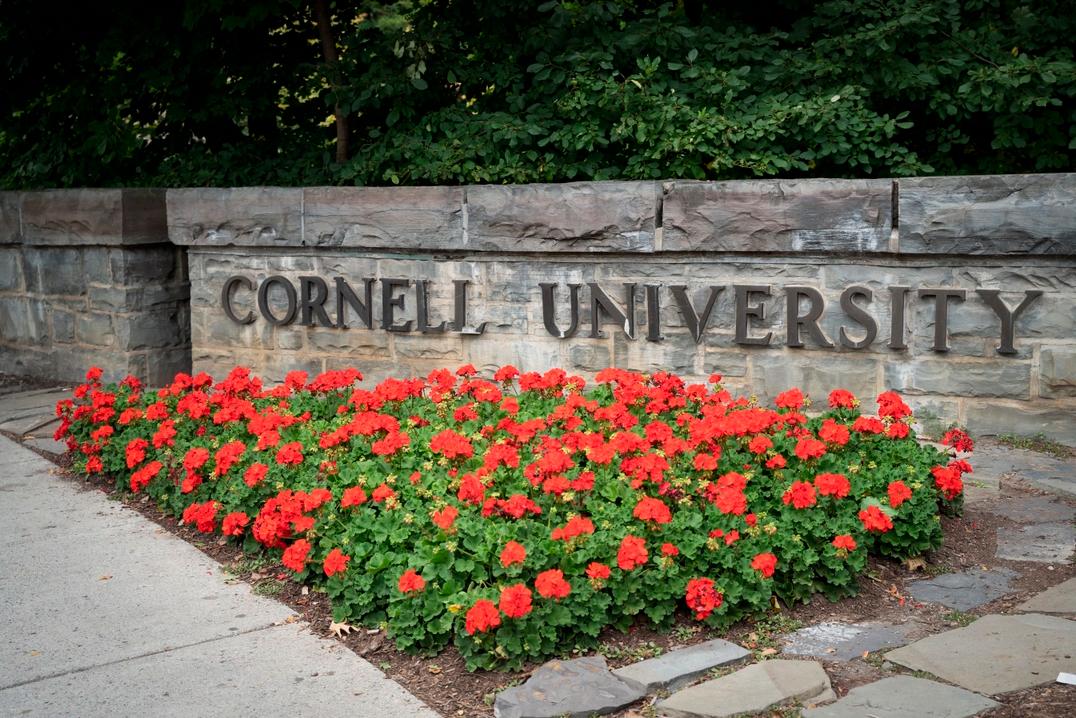The Portland City Council passed an ordinance on June 7 to ban camping during daylight hours amid struggles to address a homelessness that Mayor Ted Wheeler has called a “human catastrophe.“
Passed by a 3–1 vote, the new ordinance prohibits camping between 8 a.m. and 8 p.m. in many public spaces throughout the city, including parks and within 250 feet of schools, child care centers, construction sites, environmental overlay zones, and established safe rest sites.





